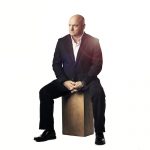space
November 27, 2022
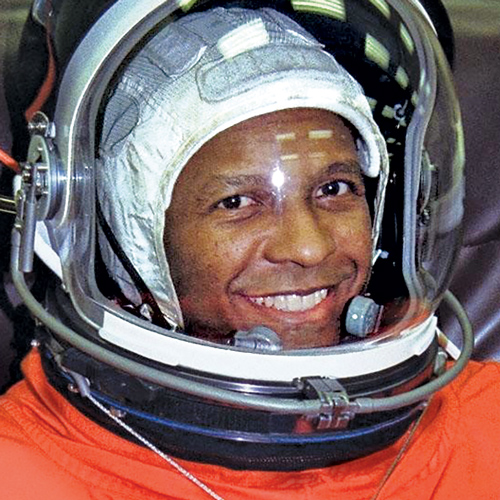
Star power
On the 20th anniversary of the Space Shuttle Columbia tragedy, we remember astronaut Michael Anderson, ’81.
November 23, 2022
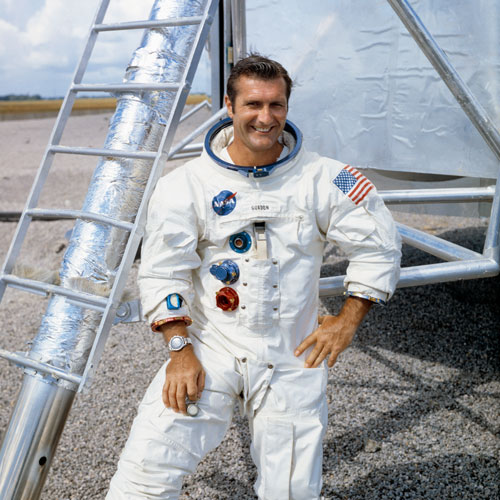
Our first astronaut
In 1969, NASA launched Apollo 12, which took Richard F. Gordon, '51, to the moon and back.
May 30, 2022
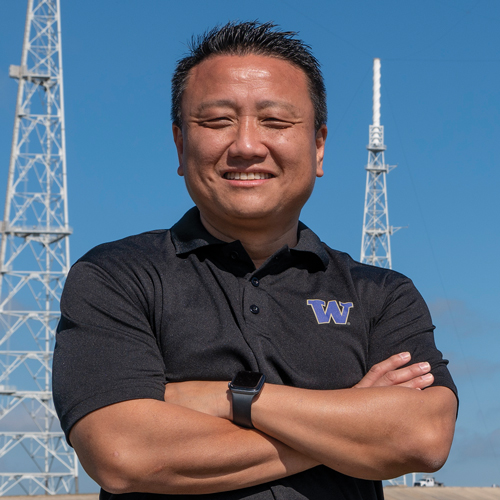
‘Star Wars’ to the stars
NASA is going back to the moon and planning to land humans on Mars, thanks in part to Orion manager Howard Hu, ’91, ’94
May 29, 2022
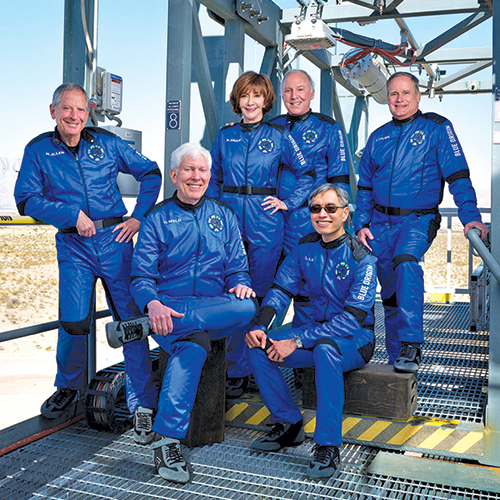
Earth and space
Gary Lai, the lead architect of Blue Origin’s New Shepard program, heads to the heavens.
March 1, 2015
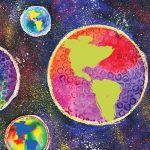
Mirage Earths
Planets orbiting close to low-mass stars—the most common stars in the universe—are prime targets in the search for extraterrestrial life. But new research led by an astronomy graduate student at the UW indicates some such planets may have long since lost their chance at hosting life.
September 1, 2013
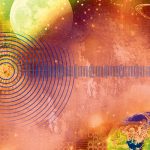
Finding phosphorous
Life on Earth may have never come to exist if not for some meteorites that pelted the planet billions of years ago.
December 1, 2012
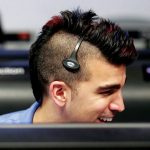
Martian man
When NASA’s Curiosity rover successfully touched down on Martian soil, it was a hair-raising experience, both literally and figuratively for Bobak Ferdowsi, ’01, NASA flight director.
September 1, 2011
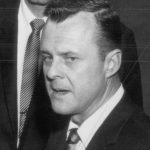
The UW's right stuff
June’s flight of the Atlantis brought to a close NASA’s Space Shuttle program after 30 years. The University of Washington played a huge role in this scientific and engineering marvel.
June 1, 2011
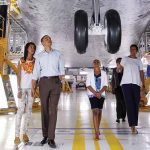
Space out
For Janet Kavandi, '90, and her colleagues, it’s a bittersweet time to be an American astronaut.
June 1, 2006
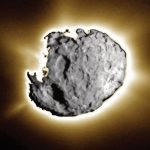
Gathering dust
The longest round trip in human history has brought back evidence that could yield clues to the origins of the solar system.
March 1, 2006
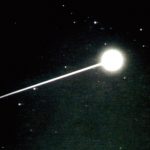
2.88 billion-mile journey
After traveling 2.88 billion miles over nearly seven years, NASA's Stardust capsule landed in the Utah desert on Jan. 15, bringing back comet samples that could help explain the origins of the solar system.
March 1, 2003
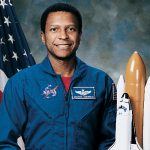
Astronaut mourned
Astronaut Michael P. Anderson, ’81, who died Feb. 1 when the Space Shuttle Columbia disintegrated during re-entry over Texas, was intent on going into space ever since he was a little boy.
March 1, 2002
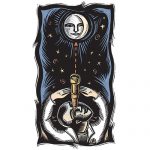
To the moon
Using laser beams, 30-year-old reflectors and 21st century computing power, UW scientists plan to make the most exact measurement of the distance to the moon in history—accurate to the width of a paper clip.
March 1, 2001
Space force
Throughout the history of the space program, our alumni have pushed back the boundaries of the final frontier.
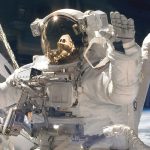
Space hazards
The dangers of space include bone loss, muscle atrophy and even cancer. The UW hopes to protect the next generation of astronauts and bring about earthly cures.
March 1, 1999

Out of this world
A host of UW scientists are ready to embark on a program that will train people to find life in outer space.
June 1, 1998
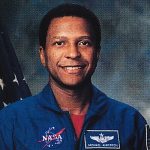
Dream come true
Michael Anderson had wanted to fly since he was 3 years old, when he got his first toy airplane. In January, he was a mission specialist aboard the world's most sophisticated machine.
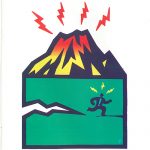
The world of 2088
Looking ahead, UW experts envision internet implants, a colony on Mars, obsolete books and the end of the United States.
March 1, 1996
UW astronomers use new tools to investigate the mysteries of the universe
A handful of scientists are probing previously unknown mysteries of the universe at a pace unimagined even a decade ago.
